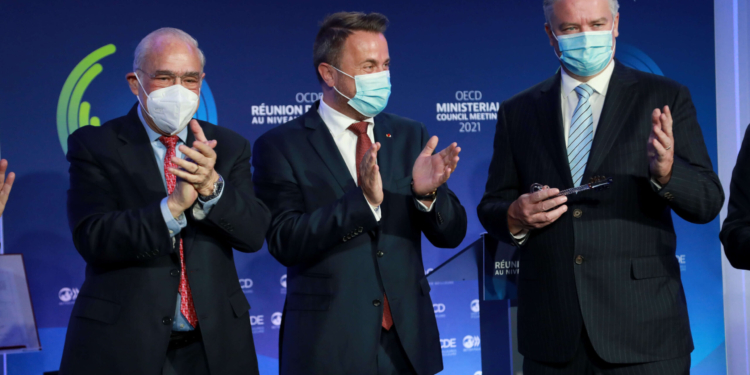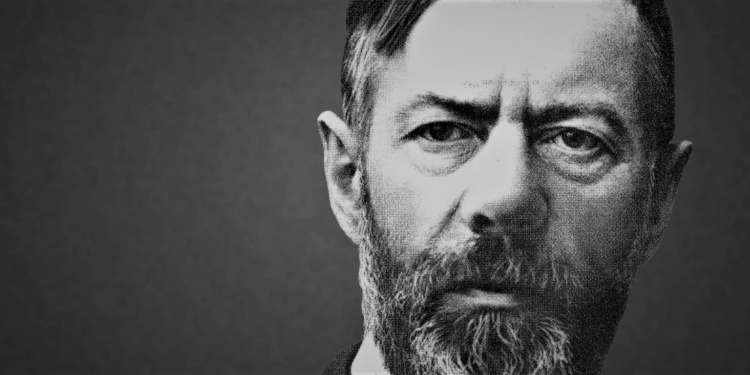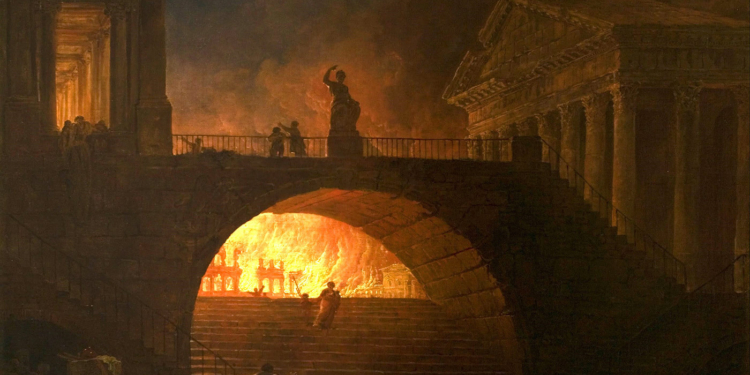Image: Rembrandt van Rijn, Joseph Accused by Potiphar’s Wife, 1655. Source: National Gallery of Art.
IN A WORLD OF BAD NEWS, it can be tempting to point fingers at those whose activities aim precisely at dealing with the most arcane and wicked problems facing global populations – financial crises, widespread disease, poverty and inequality, protectionism, and much more.
In the world of international organizations, the ease with which one can deflect blame can be equally enticing. The planet is brimming with unlikeable individuals who just seem to be out to get us for their own gain. Dramatically, international organizations stand today at the hot core of the public sphere, caught in a witch hunt where no one is certain who is who. To many, some of these institutions should be burned at the stake, for they are broken, misused, unfair, too weak, too strong – malfunctional, to be brief.
But here, we are in luck: in organizational science, the desire to understand organizational failure may be as old as the discipline itself. For instance, says precursor Chester Barnard: An organization that relies on a system of cooperation for its stability fails when it proves unable to adapt to external disturbances. Sounds familiar?
Many definitions of organizational failure exist, of course. But let us delve specifically into those dealing with international organizations. Insights such as these could help us paint a clear picture of multilateralism’s current troubles.
Scholars such as Michael Barnett and Martha Finnemore suggest that the bad functioning of an international organization can be related to preferences or constraints set by nation states. In other words, contradictory and ambiguous imperatives emanating from international relations can be reproduced by international organizations.
So, even in those few cases where an international institution is able pursue autonomous policies, the potential contours of these policies might be defined by external factors – or rather, what anthropologist Marc Abélès calls the global-political scene.
Take the World Trade Organization (WTO), for instance. Clearly, the WTO embodies a unique model of world governance among many others, at the heart of the global-political scene. Indeed, in parallel to its disciplinarian instance of conflict resolution, this institution inspires nation states towards a myriad of ideals of governance: free trade, fair trade, and so on… Then, it is essential to grasp the extent in which the problems faced by the WTO are inherent – or not – to its own models of world governance.
This leaves us with two options. One is gloom and the other is complex. First, the malfunction of an international organization may be pathological to its very existence. (Of course, this would simply take us back to square-one, where one points a weary finger at uninspiring high officials.) Or we could conceive of conflict as an integral and normal part of the organizational process.
“There may be something like a global trade-and-finance system in the making,” writes Zygmunt Bauman, in 2001, “but there are few if any signs of anything approximating a global political, legal, military, or cultural system. It may be argued that this striking imbalance is a question of time-lag or ‘relative retardation’ of the global ‘superstructure,’ but equally strong or stronger arguments can be advanced for the supposition that the imbalance or the absence of coordination in question is an integral and potentially permanent feature of globality.”
Bauman’s distinction between the multilateral order’s “trade-and-finance” vanguard and its “political, legal, military, or cultural” rearguard is founded on the idea that multilateralism is a historical construct arising from a specific context: that of market capitalism. It is a reasonable assumption, and many influential scholars have arrived at similar conclusions in the past.
Important for us, however, is to understand how this historical quality of multilateralism can help us better understand the nature of its crisis. Keeping that in mind, Robert W. Cox proposes that we examine the process of international organization from two perspectives: one, as the institutionalization and regulation of the established order; the other, as the locus of interactions aimed at transforming the established order. Each of these two elements follow different strategies, and each is carried by different organizational units in the global-political scene.
Another way to picture this is to borrow some ideas from economic historian Karl Polanyi. The advent of institutional mechanisms for regulating global capitalism implied the establishment of a “double-movement,” as he calls it. More precisely, he writes: “the market has continually expanded, but this movement has met with a counter-movement controlling this expansion in determined directions.”
Democracy, partisanship, ideology, or lack thereof. These are but a few of several “counter-movements” that today direct an expanding system of global governance that stirs transformational change. To observe the crisis of international organization through the prism of multilateralism requires us to unearth the processes through which international bodies crystallize both a principle of institutionalization on the one hand, and a principle of transformation on the other.
To a degree, our perspective excuses multilateralism off many crises for which it is wrongly blamed. It is true. But crucially, it could help us to better understand the part of responsibility individuals play within international organizations. Practice has a practical significance, after all.
Author
-
Murillo Salvador is chief editor at International-Organization.Com. In the past, he has worked at the Organisation for Economic Co-operation and Development, and at the Mission of Brazil to the World Trade Organization. He currently lives in Geneva.
View all posts
Related Articles
June 21, 2021
Changing Hands
Leading an international organization is a tough job. But it is also full of potential: The individual characteristics of the executive head can make or break international cooperation.
May 17, 2021
Revisiting Weber’s Spirit of Capitalism
The world must live up to tough challenges today, and the study of collective ethics under capitalism has never been more relevant. To that end, the work of Max Weber can still guide our reflection.
April 5, 2021
On Fear of Terminal Decline
The problem with “declinism” is that it can impoverish our imaginations by luring us to the sirens of either total change or fatalism. On this topic, thinker Albert Hirschman is notably savvy.
1 Comment
Comments are closed.



Beautiful!
So clear
So thoughful
Extraordinaire…